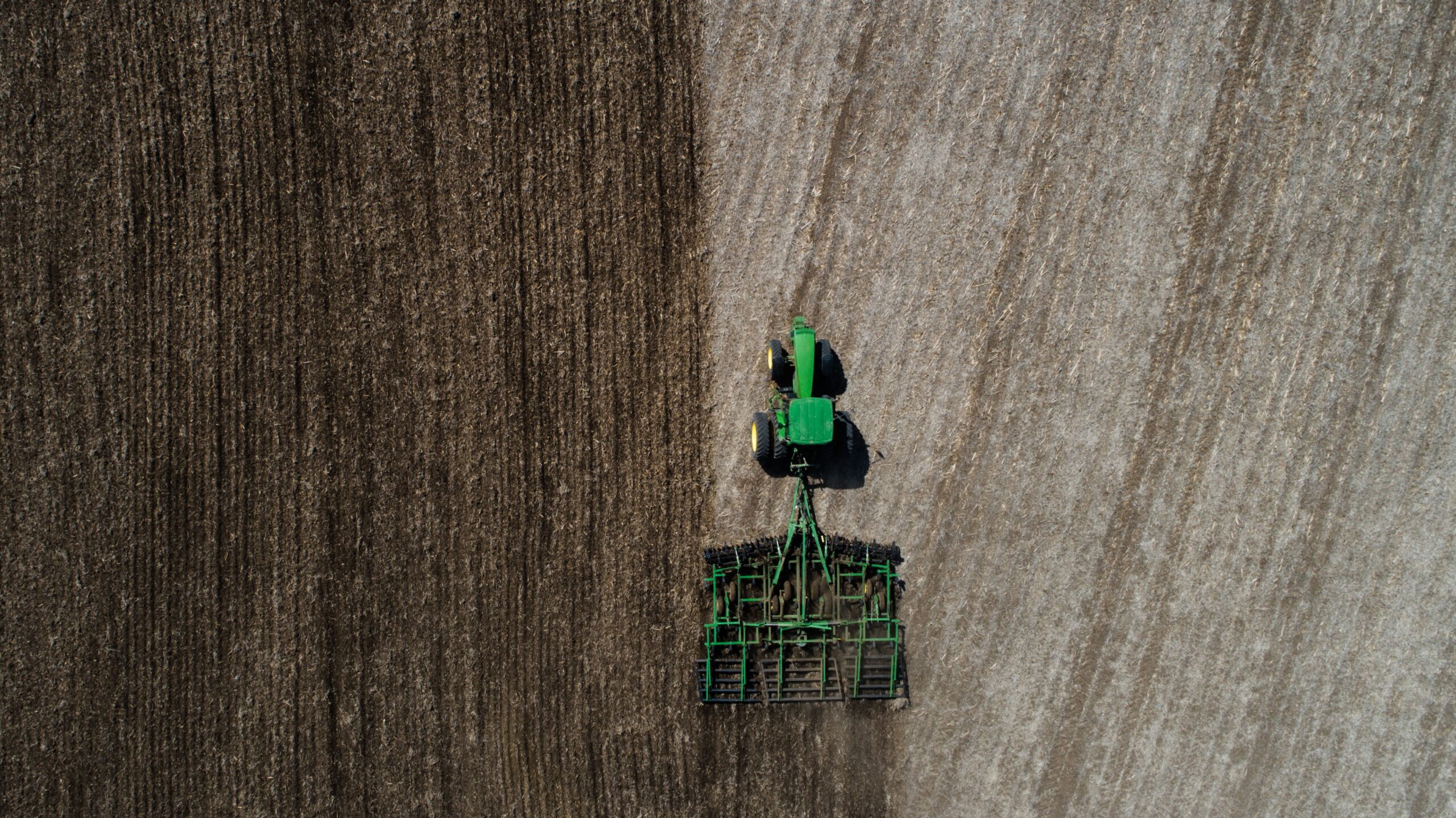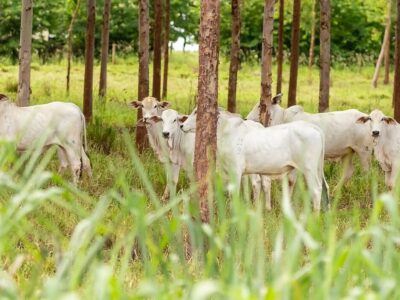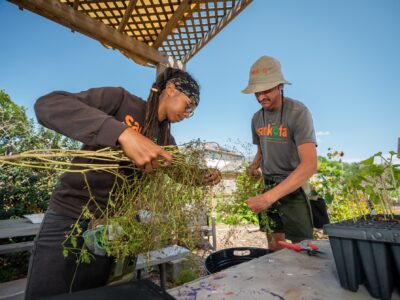An unlikely partnership has emerged in the large farming community of Des Moines, IA, in response to ongoing issues with water quality. Over the years, Des Moines has observed a severe degeneration in the quality of its river water, which is the primary source of drinking water within the city and the water used to irrigate the local farms.
The source, it seems, is the runoff of fertilizer from local corn and soybean farms, causing nitrates and phosphorous to seep into the water supply polluting the water. The pollution was so harmful that the costly equipment and sophisticated methods at the Des Moines Water Works had an increasingly difficult job purifying the water for nearly 600,000 Iowans.
Des Moines Water Works were determined to make a change, filing lawsuits against the farmers, proposing legislation, and even resorting to public shaming to coerce farmers into adopting practices that would reduce the amount of runoff from their fields. However, the antagonistic stance against the town’s farming community proved unsuccessful. Ultimately the utility company took a different approach, partnering with agricultural retailer Landus in what their president and CEO Matt Carstens described as “a very unusual partnership,” stating, “whatever we’ve tried in the past hasn’t been as successful as this could be.”
Between the two organizations, they started an initiative that will educate the local agricultural community about the benefits of regenerative agriculture practices.
The plan will facilitate planting corn, soybeans and cover crops of rye and red clover on three plots of farmland that will total approximately 12,000 square feet situated along the Raccoon and Des Moines Rivers that help supply the city’s water needs.
In addition, the project will bring in 500 farmers to teach them about using cover crops and other conservation practices like soil sampling to naturally regenerate the nutrient content of the soil instead of relying on traditional fertilizers. “We have the technology today in agriculture to apply exactly what you need,” says Dan Bjorklund, a soil expert from Landus. “I call it the Goldilocks method of nutrient management. You don’t want too much, but you have to have enough to get the production you need.”
Bjorklund mentions that he’s incredibly optimistic about the project’s efforts to introduce the planting of cover crops and encourage more than 90% of Iowa farmers to adopt the practices. “It’s a great way to really cycle and recycle the nutrients and not have them get too far into the soil profile and into the water,” he says. Bjorklund also notes that more sustainable practices will hopefully entice farmers due to the rapidly rising fertilizer prices.
These new methods represent a very different way of tending crops in the region than farmers traditionally learned. Jeff Frank, a soybean and corn farmer from northwest Iowa who is part of the initiative, commented that most farmers were taught to apply more fertilizer than was necessary to ensure proper use. “We were coached that way, to put down a little extra, to have a little in the bank,” Frank said. “The technology has come a long way, and that isn’t the case anymore.”
Ultimately, the project is about finding a more meaningful and sustainable way of farming to benefit both the water system and the farms. “Everybody wants clean water,” Bjorklund says, “We know that the state is highly dependent on agriculture, so we need to find a way to do both.”





